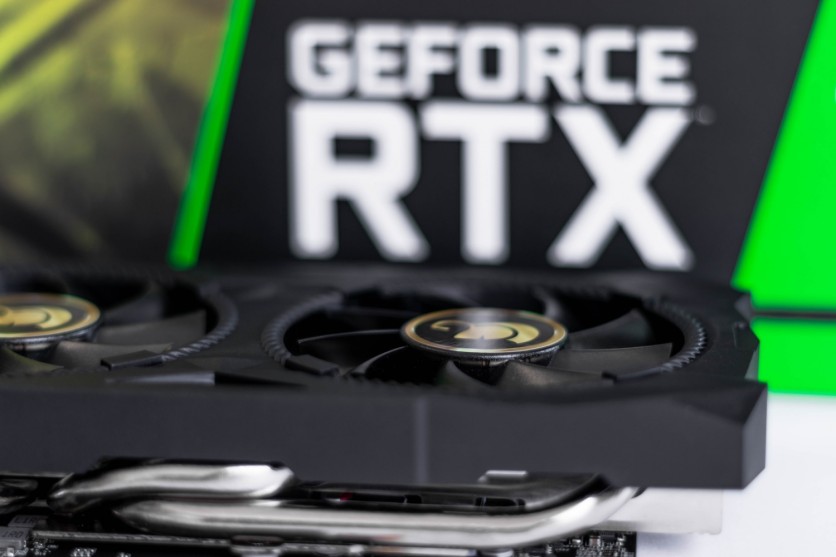Nvidia has seamlessly transformed into more than just a graphics company—it's now a trillion-dollar AI giant.
While renowned for crafting top-tier graphics cards for PC gaming enthusiasts, the chipmaker's strategic pivot towards supercomputing, fueled by the monumental ascent of ChatGPT, has been a game-changer. This intentional shift, orchestrated by Nvidia's CEO Jensen Huang, unfolds against a backdrop of calculated risks and ambitious business ventures.
The AI Infusion: From GPUs to Trillion-Dollar Status

In a revealing narrative chronicling Nvidia's journey, a distinctive corporate ethos emerges-the unofficial motto, "Our company is 30 days from going out of business." This mantra encapsulates Nvidia's penchant for high-stakes bets, from coining the term "GPU" to the groundbreaking CUDA product stack.
The transition to an AI-centric company was explicitly declared by Huang, marking a pivotal moment in Nvidia's evolution.
"[Jensen] sent out an email on Friday evening saying everything is going to deep learning, and that we were no longer a graphics company. By Monday morning, we were an AI company. Literally, it was that fast." Greg Estes, the vice president of corporate marketing at Nvidia told Digital Trends.
AlexNet: Catalyst for Change
The pivotal shift towards AI crystallized with the development of AlexNet, a groundbreaking AI model. Utilizing Nvidia graphics cards, Alex Krizhevsky and Ilya Sutskever ushered in a new era.
Sutskever, now the chief scientist of OpenAI, emphasizes the transformative role of GPUs, stating, "GPUs showed up and it felt like a miracle." This marked the genesis of Nvidia's strategic foray into AI.
When it comes to CUDA, Nvidia's bet on CUDA in 2006 laid the foundation for its subsequent AI endeavors. However, it reached new heights with the advent of ChatGPT.
Powered by thousands of Nvidia GPUs, ChatGPT rapidly propelled Nvidia into the field of AI innovation, garnering a surge in customers eager to leverage the AI revolution. Today, Nvidia stands among the tech elite, trailing closely behind giants like Amazon and Alphabet.
AI Triumphs and Graphics Ambivalence
While Nvidia's AI investments have ushered in advancements like DLSS 3.5, enhancing visual quality and performance in games, its focus on AI has overshadowed its traditional graphics stronghold.
Some products, like the RTX 4060 Ti, reflect this shift with high pricing and marginal performance gains, while flagship products like the RTX 4090 showcase monumental improvements at a significant cost.
Room for Competitors: Intel and AMD Dynamics
Nvidia's resolute commitment to AI opens avenues for competitors. Intel's focus on budget GPUs emerges as a potential area of discomfort for Huang, signaling a divergence in strategic priorities.
Meanwhile, AMD, positioned as Nvidia's competitor, prompts Huang to assert a lack of competitiveness. This landscape reveals the nuanced dynamics and rivalries within the GPU market.
The world is continuously accepting all changes, especially the emergence of AI. With ChatGPT, AI-driven robots, and stuff, it will only take some time before Nvidia becomes a powerhouse in the industry.
The strategic embrace of AI has propelled Nvidia to unprecedented heights, yet the competition and market dynamics keep the tech industry's landscape dynamic and unpredictable.
This is evident in Huang's statement where he says that everyone can be a programmer with the help of generative AI.
Read Also : Nvidia's Jensen Huang, Apple's Tim Cook, Meta's Mark Zuckerberg Dominate CEO Approval Survey

ⓒ 2025 TECHTIMES.com All rights reserved. Do not reproduce without permission.



